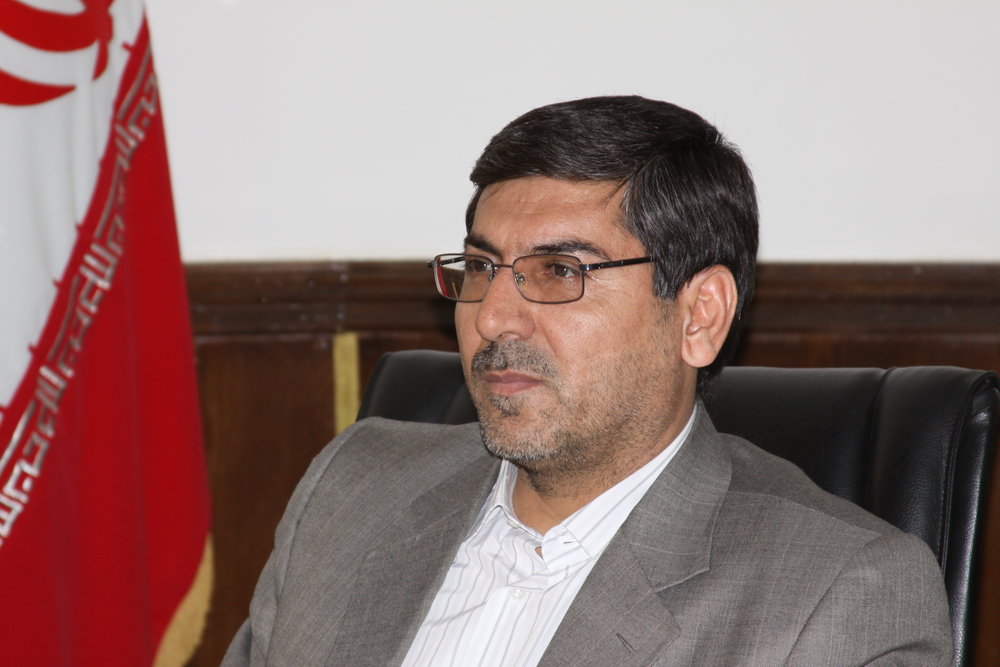DOE earmarks $2b for waste management

TEHRAN — Some $2 billion has been allocated from foreign exchange reserves for waste management projects, the director general of Tehran province’s department of environment said on Monday.
“Some 50,000 tons of trash is being produced on a daily basis in Iran, in case we succeed in managing this amount of waste and recycle it, this will both benefit the economy of the country and safeguard the environment,” Kiyoumars Kalantari told the Tehran Times.
The administration is seriously determined to improve air quality, fight the sand and dust storms, manage waste, and stand up for water right of the wetlands, Kalantari highlighted.
There is a will for protecting the environment; the constitutional law, the administration and the general policies of the country's environmental protection laws outlined by the Supreme leader are all the evidence confirming the commitment the government has made to conserve the environment, he noted.
The provincial chief of environment went on to say that “there is a national determination which needs to be shown at the managerial level and expressed by the public.” “The adoption of the clean air bill and wetlands restoration bill all set the scene for protecting the environment from further harms.”
The clean air law has already mandated some 26 responsible bodies to help abating air pollution and has authorized the Department of Environment to monitor the process and report on the progress every six months, he stated.
Kalantari further underscored that “in 2013 when the current administration took office the number of days with low air quality hit 200 while the number has decreased to 90 by the end of the first four-year term. We have to accept the fact that a metropolis like Tehran would never be pollution free but with the Tehran city council, the municipality and the Department of Environment joining hands the city would certainly see better days.”
16.6 percent of the whole country’s population are currently residing Tehran a city that merely constitutes to only 1 percent of the country’s land area, he regretted. “So the traffic congestion, the air pollution, and the problem of waste disposal are only to be expected.”
“What we believe is that Tehran must undergo sustainable development with pollutant industries being relocated or living up to standards of green industries, otherwise Tehran won’t be able to overcome this amount of pollutants,” he suggested.
Elsewhere in his remarks Kalantari said that there are some 3 million motorcycles in Tehran, adding, “in order to promote the use of electric motorcycles we both need to make investment for domestic production and offer incentives to the buyers to fully replace the high-emission models.”
On the subject of plastic bags and their detrimental effects on the environment he explained that encouraging the manufacturers to produce recyclable plastics and also creating a culture where the users feel socially responsible for their environment and hence use less plastic would help decrease the plastic use.
“Harming the environment is a crime. Violating environmental regulations is punishable by law. The punishment must be fitting and deterrent to stop the wrongdoers from repeating the crime,” he warned.
Protecting the environment is a collective responsibility constitutionally, he said. “The accelerated development in Tehran over the past few years and inefficient spatial planning has resulted in environmental damages.”
Tehran along with some other metropolises of Iran is sustaining environmental damages which are mostly the result of shortsighted management and ineffective urban planning.
The great number of cars, mostly considered as main culprit of air pollution, industrial units surrounding the cities, and poor waste management system are all seriously harming both the environment and endangering the public health.
Some damages are irreversible but some are still minor and can be repaired. Environment is not an issue concerning only one organization the whole country must join hands in minimizing some of the damages we are causing it.
MQ/MG
